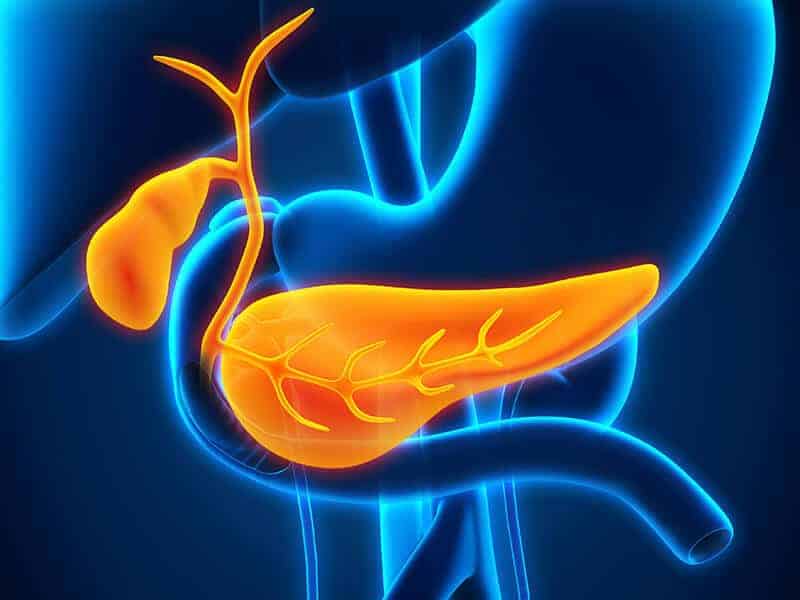A history of gallstone disease may increase the risk of coronary heart disease, according to a new study by Tulane University researchers published in the American Heart Association’s journal Arteriosclerosis, Thrombosis and Vascular Biology.
Researchers analyzed the relationship between history of gallstones and the development of coronary heart disease using data from more than 840,000 participants in seven studies, which included more than 51,000 cases of coronary heart disease. They found that a history of gallstone disease increased the risk of developing coronary heart disease by 23 percent.
“Our results suggest that patients with gallstone disease should be monitored closely based on a careful assessment of both gallstone and heart disease risk factors,” said study senior author Dr. Lu Qi, HCA Regents Distinguished Chair and professor of epidemiology at Tulane. “Preventing gallstone disease may also benefit heart health.”
Gallstone disease is one of the most common and costly gastrointestinal disorders in the United States. Gallstone disease and coronary heart disease have similar risk factors, including diabetes, obesity, high cholesterol, high blood pressure and poor diet.
Researchers considered whether shared risk factors could explain the higher risk. However, when these were accounted for, incidence of coronary heart disease was still higher in patients with gallstone disease, supporting a direct connection between the two. Moreover, the increased risk was similar between women and men.
Surprisingly, participants with a history of gallstone disease who were otherwise healthy — were not obese, diabetic or had high blood pressure — had a greater risk of coronary heart disease than participants with these conditions.
Researchers did not identify why gallstone disease and coronary heart disease were linked in the study, but one theory is that gallstones may affect bile acid secretion, which has been related to cardiovascular risk factors. “In addition, gut microbiota has been related to cardiovascular disease. Patients with gallstones also have abnormal abundance and metabolism in their gut microbiota,” Qi said.


